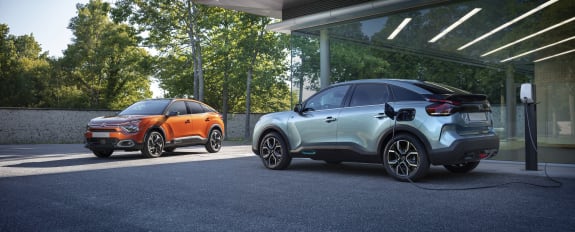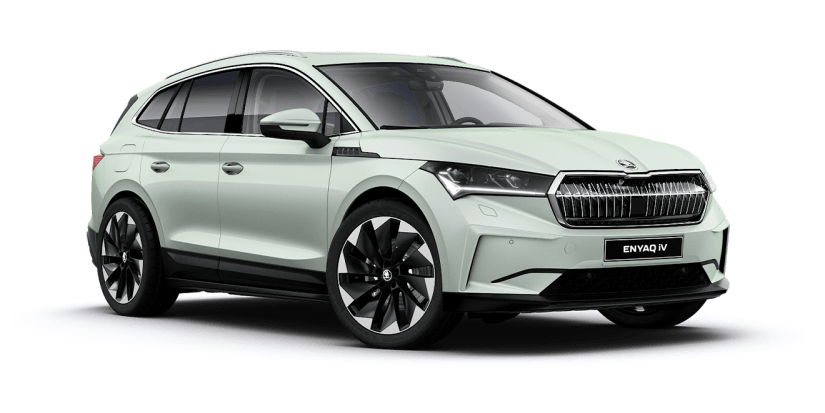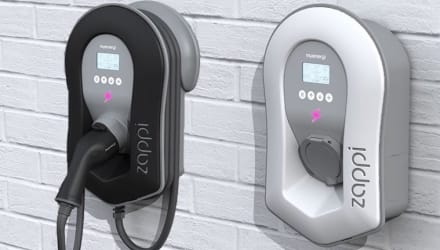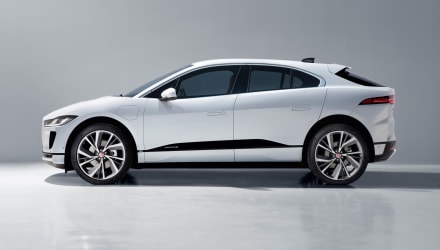#2 Home Electricity Tariffs: How can I reduce my fuel costs the most?
If you run an energy tariff comparison on websites such as Moneysupermarket or Confused.com, you are often presented with a bewildering array of results. And working out how your electric car fits into the overall picture is even more confusing.
What do you need to bear in mind? If you have just one flat rate tariff for 24 hours a day, then you can charge your car at any time. It's very convenient and you don't have to plan ahead.
Alternatively, you can choose a dual rate tariff which will give you a higher day rate and a lower night or off-peak rate. In this case, you would set your electric car, or charging point, on a timer to charge during the lower rate period.
Dual Rate Example
Let’s assume you drive 20,000 miles per year. In a petrol/diesel car, that will cost you roughly £4,073 per year in fuel at current rates. The exact cost depends on how many miles to the gallon your car is capable of and the price of petrol (we have assumed 39.5 mpg and £1.7695 a litre).
In a pure electric car (BEV), those 20,000 miles equate to about 5,000 kWh or units of electricity (assuming a battery/motor efficiency of 4 miles per kWh). If you always charge your car at night on an off-peak rate of say 6.7p, the 5,000 kWh will cost you only £335 a year. That’s a huge saving of about £3,738 per year on fuel – a reduction in costs of over 91%.
Flat Rate Example
Now let's imagine instead you are on a flat rate electricity tariff, like the government capped Energy Price Guarantee, and pay 28.65p per kWh, 24 hours a day. You can charge your EV whenever you want – the cost will be the same.
Those 20,000 miles in the example above will cost you £1,351.50. A reduction of just over 67%. The savings are not as good as with the off-peak rate, but you still save roughly £2,721.50 per year on fuel.
Here’s a quick summary of what to do for maximum EV charging savings:
- Lease a 100% electric car (BEV)
- Sign up to a dedicated home EV electricity tariff
- Charge your car to coincide with the low rate (only required for dual rate tariffs)
Please note: Dual rate tariffs have both a higher day rate and a lower night/off-peak rate. While you can charge your EV more cheaply on the night/off-peak rate, make sure you are happy with the day rate as well before switching tariffs.





![330e 22.3 kWh M Sport 4dr Step Auto [2025.25]](https://cdn.imagin.studio/getImage?customer=selectcarleasing&angle=1&aspectRatio=1.76&bodySize=4&countryCode=GB&fileType=webp&groundPlaneAdjustment=0.0&make=BMW&modelFamily=3%20SERIES&modelRange=3%20SERIES%20SALOON&modelVariant=Saloon&modelYear=2025&paintDescription=Metallic%20-%20Melbourne%20red&paintId=80799&powerTrain=Plug-in%20Hybrid&transmission=Automatic&trim=M%20Sport&width=440&zoomLevel=70)
![RWD 4dr Auto [2024]](https://cdn.imagin.studio/getImage?customer=selectcarleasing&angle=1&aspectRatio=1.76&bodySize=4&countryCode=GB&fileType=webp&groundPlaneAdjustment=0.0&make=TESLA&modelFamily=MODEL%203&modelRange=MODEL%203%20SALOON&modelVariant=Saloon&modelYear=2024&paintDescription=Premium%20-%20Ultra%20red&paintId=192185&powerTrain=Electric&transmission=Automatic&trim=default&width=440&zoomLevel=70)
![230kW Design 83kWh 4dr Auto [2023]](https://cdn.imagin.studio/getImage?customer=selectcarleasing&angle=1&aspectRatio=1.76&bodySize=4&countryCode=GB&fileType=webp&groundPlaneAdjustment=0.0&make=BYD&modelFamily=SEAL&modelRange=SEAL%20SALOON&modelVariant=Saloon&modelYear=2023&paintDescription=Metallic%20-%20Ice%20blue&paintId=26704&powerTrain=Electric&transmission=Automatic&trim=Design&width=440&zoomLevel=70)
![1.5 E-Power Acenta Premium 5dr Auto [2024]](https://cdn.imagin.studio/getImage?customer=selectcarleasing&angle=1&aspectRatio=1.76&bodySize=5&countryCode=GB&fileType=webp&groundPlaneAdjustment=0.0&make=nissan&modelFamily=qashqai&modelRange=qashqai&modelVariant=od&modelYear=2025&paintDescription=Special%20metallic%20-%20Ceramic%20grey&paintId=177642&powerTrain=petrol&transmission=Automatic&trim=Acenta%20Premium&width=440&zoomLevel=70)

















